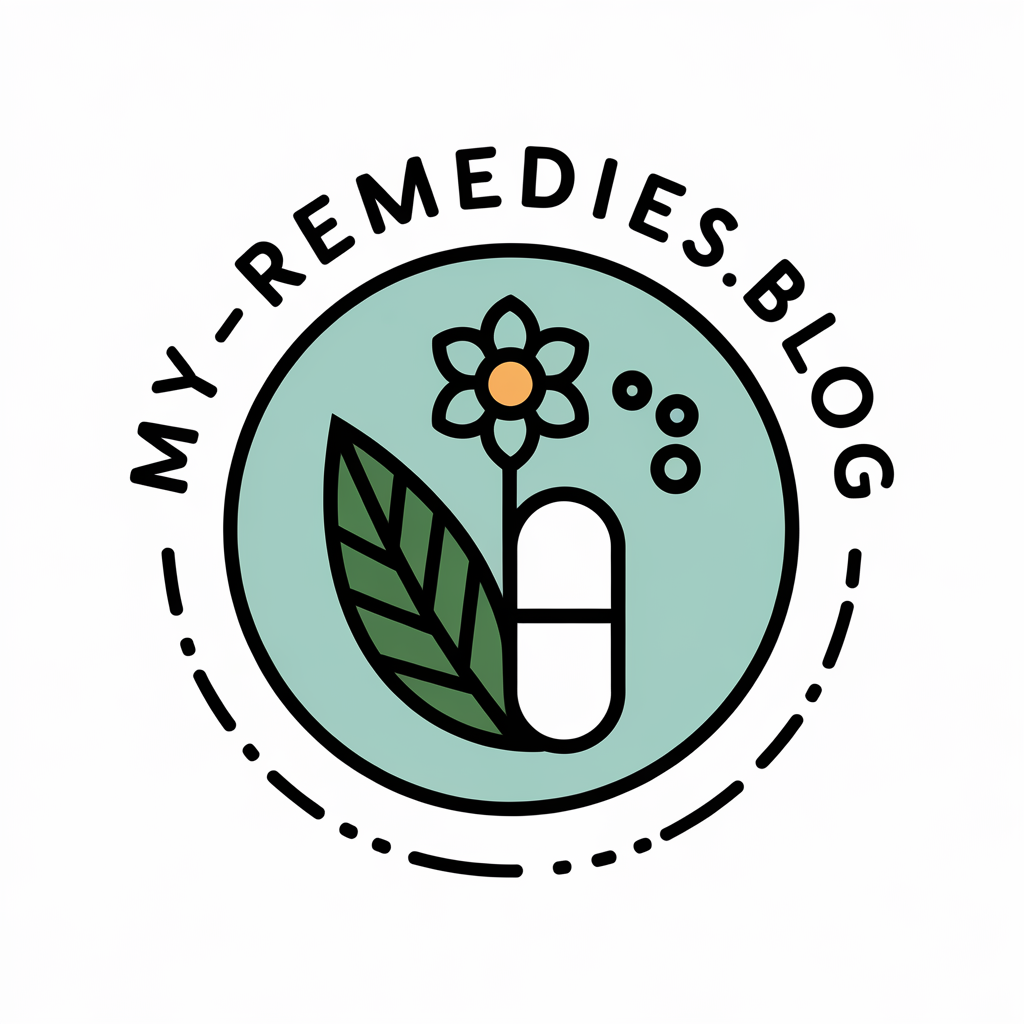Protect Your Baby From Colds With This Gentle Natural Method
To protect your baby from colds, focus on boosting their immune system with gentle natural methods. Offer breast milk and introduce vitamin C-rich foods like fruits and vegetables. Use saline nasal drops for congestion relief and keep a humidifier nearby for easier breathing. Make certain your home is clean and free from allergens, and provide a calm, smoke-free environment. By following these strategies, you’ll create a strong foundation for your baby’s health and learn more tips along the way.
Key Takeaways
- Breastfeed regularly to provide antibodies that strengthen your baby’s immune system against colds.
- Use saline nasal drops to help clear congestion and ease breathing for your baby.
- Maintain a clean home environment to reduce exposure to dust and allergens that can trigger illnesses.
- Ensure your baby gets regular sunlight exposure for vitamin D synthesis, which supports immune health.
- Monitor your baby’s health closely and consult a pediatrician if symptoms worsen or persist.
Understanding the Common Cold in Infants
When your baby catches a cold, it’s not just a minor inconvenience; it’s a common illness that can affect their delicate immune system. Colds are caused by viruses, and infants are particularly susceptible due to their developing immune systems.
Symptoms may include a runny nose, cough, and irritability. It’s essential to monitor their condition closely, as babies can’t always communicate how they feel.
A gentle baby cold remedy like saline nasal drops can help clear nasal congestion, making it easier for your little one to breathe. Keeping them hydrated and maintaining a comfortable environment also aids recovery. Utilizing a humidifier adds moisture to the air can further assist in easing their breathing.
Always consult your pediatrician for tailored advice, especially if symptoms worsen or persist beyond a few days. Your baby’s comfort and health are your top priorities.
Importance of a Strong Immune System
A strong immune system is essential for your baby’s health, as it helps fend off infections and illnesses like colds. By understanding the basics of how immunity works, you can take steps to support your baby’s natural defenses. Simple actions, like ensuring a balanced diet and promoting healthy habits, can build their immunity effectively. Incorporating curcumin’s antioxidant properties into your baby’s diet can provide an additional boost to their immune system. Additionally, including foods rich in vitamin C can significantly enhance their immune function.
Immune System Basics
Understanding your baby’s immune system is essential for keeping them healthy and protected from common illnesses like colds. Your baby’s immune system is a complex network of cells, tissues, and organs that work together to fight off infections.
At birth, their immune system is still developing, relying heavily on antibodies passed from you through breast milk. This makes the first few months significant for building a strong defense.
A robust immune system helps your baby respond effectively to pathogens, reducing the likelihood of frequent illnesses. Knowing how it functions empowers you to make informed choices that support their health.
Building Immunity Naturally
To build your baby’s immunity naturally, focus on providing a nurturing environment that promotes health and well-being.
Start by breastfeeding if you can, as it supplies essential antibodies and nutrients. Introducing a variety of fruits and vegetables when your baby starts solids can also boost their immune system with vitamins and minerals.
Regular outdoor play helps them absorb sunlight, which is essential for vitamin D production. Make sure your baby gets plenty of sleep, as rest is critical for immune function.
Reducing exposure to pollutants and secondhand smoke will further support their health. Finally, keep up with pediatric check-ups to monitor your baby’s growth and vaccinations.
Gentle Natural Remedies for Cold Prevention
As you seek to protect your baby from colds, gentle natural remedies can play an essential role in strengthening their immune system. Incorporating breast milk, rich in antibodies, is one of the most effective ways to boost your baby’s defenses. Additionally, consider herbal teas like chamomile or ginger, which can soothe and support immune function. Regular exposure to fresh air and sunlight helps synthesize vitamin D, essential for immune health. You can also use a humidifier to maintain moisture in the air, which aids in keeping nasal passages clear. Furthermore, incorporating natural remedies can help boost the immune system and provide additional support during cold season. It’s also beneficial to introduce vitamin C-rich foods, as they enhance recovery and strengthen immunity. Finally, maintaining a balanced diet with fruits and veggies introduces important nutrients, like vitamins A and C, that can enhance your baby’s overall immunity.
Creating a Healthy Environment for Your Baby
Creating a healthy environment for your baby is essential for their well-being and immunity. Start by ensuring your home is clean and free from dust and allergens.
Regularly wash bedding and toys to minimize germ exposure. Maintain a comfortable room temperature and use a humidifier during dry seasons to keep the air moist, which can help ease breathing.
Limit exposure to secondhand smoke, as it can greatly weaken your baby’s immune system. Encourage natural light and fresh air by ventilating rooms daily.
Finally, create a calm atmosphere by reducing noise and stress, as a peaceful environment supports your baby’s overall health.
These simple adjustments can help strengthen your baby’s defenses against colds, fostering a more robust immune system.
Nutrition Tips to Boost Immunity
Since a strong immune system is essential for your baby’s health, focusing on nutrition can make a significant difference.
Start by introducing a variety of fruits and vegetables rich in vitamins A, C, and E. These nutrients help bolster immunity. Foods like sweet potatoes, carrots, and spinach are excellent choices.
Incorporate healthy fats from sources like avocados and olive oil, which support brain development as well. Don’t forget protein; options like lean meats, fish, and legumes are important for growth and immunity.
If your baby is old enough, consider whole grains for added fiber.
Finally, stay hydrated with water or diluted fruit juices. A balanced diet not only strengthens immunity but also promotes overall well-being for your little one.
When to Seek Medical Advice
If your baby’s cold symptoms persist for more than a few days, it’s important to seek medical advice.
Watch for signs of difficulty breathing or a high fever that doesn’t respond to treatment, as these can indicate a more serious issue.
Your baby’s health is a priority, so don’t hesitate to consult a healthcare professional if you have concerns.
Persistent Symptoms Duration
While most colds resolve on their own, it’s important to monitor your baby’s symptoms closely, as persistent signs can indicate a more serious issue.
If your baby shows any of the following for more than a few days, it’s vital to seek medical advice:
-
Fever lasting more than three days: Elevated temperatures can signal infection, requiring further evaluation.
-
Cough persisting beyond a week: A lingering cough may indicate bronchitis or another respiratory issue.
-
Loss of appetite: If your baby refuses to eat or drink for several days, dehydration can become a concern.
Staying vigilant helps safeguard your baby’s well-being.
Early intervention can prevent complications and lead to better outcomes.
Always trust your instincts; if you’re worried, don’t hesitate to consult a healthcare professional.
Difficulty Breathing Signs
How can you tell if your baby is having trouble breathing? Look for signs like rapid or labored breathing, flaring nostrils, or a wheezing sound.
If your baby’s chest appears to sink in with each breath, that’s another indicator of distress. You should also pay attention to any changes in skin color, especially a bluish tint around the lips or face.
If your child seems unusually lethargic or irritable, it might be a signal that something’s not right. Don’t hesitate to seek medical advice if you notice any of these symptoms.
Early intervention can make a significant difference in your baby’s health. Trust your instincts; when in doubt, it’s best to consult a healthcare professional.
High Fever Concerns
Breathing difficulties can be alarming, and another common concern for parents is a high fever.
It’s important to monitor your baby’s temperature and know when to seek medical advice. If your baby has a high fever, consider the following signs:
- If your baby is younger than 3 months and has a fever of 100.4°F (38°C) or higher.
- If the fever lasts more than three days, even if your baby doesn’t show other symptoms.
- If your baby appears unusually lethargic, irritable, or has difficulty feeding.
Trust your instincts—if you’re worried, don’t hesitate to contact your healthcare provider.
They can provide guidance and help guarantee your baby receives the care they need.




